By Christopher Holland • The Current Contributing Writer
Donna Florio, a NYC native who now resides in Jim Thorpe, has led an extraordinary life. And now, she’s publishing a book about it.
“Growing Up Bank Street” (A Greenwich Village Memoir) captures the life of Florio in mesmerizing detail, from growing up to opera performing parents to living in the same building as John Lennon. The exquisite life journey she’s traveled will keep you on your toes.
Florio was gracious enough to take time out of her busy life to do an interview with The Current and share a little bit about herself and her book.
This is her story… well, part of it.
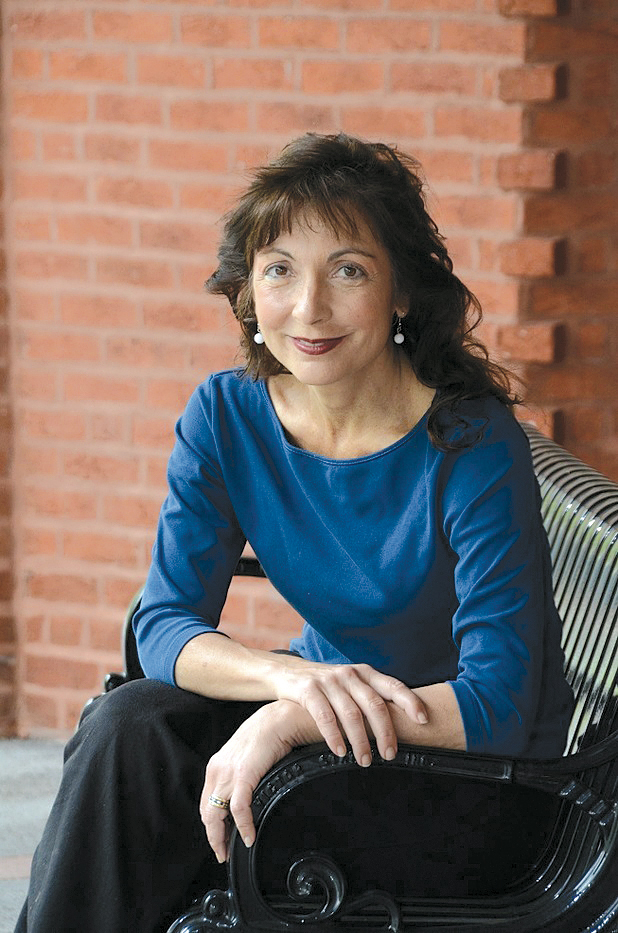
The Current: You grew up in New York City, in a famous part of Greenwich Village Bank Street. Can you tell us a little bit about Bank Street and why it has such notoriety?
Donna Florio: Bank Street has an interesting story. In the 1700s, when the English colonists lived below the wall that would become “Wall Street” the colony was hit with periodic bouts of yellow fever. When that happened, the leaders ordered businesses to close and quarantine. Sound familiar?
Alexander Hamilton’s new Bank of New York purchased several wooded lots in the tiny village of Greenwich, two miles upriver, and built a branch there in order to stay open. Voila, the country lane that would become Bank Street was born. Since then, you can literally tell the story of America through the stories of the people who lived and worked here.
As the Village evolved, Bank Street attracted every sort of person you could imagine. Wealthy, poor, artistic, gay, dockworkers, poets… Scientists built a massive research lab on the banks of the Hudson river, where the street ends. For nearly 100 years, they invented things that changed our lives; the telephone, talking pictures, broadcast TV, and the public address system to name a few. It was still going when I was a kid.
As I walked the six short blocks of my street, from beginning to end, I passed through every social and economic layer of America. What fascinates me are the lives of my neighbors, rock stars, actors, eccentrics, but also secretaries and dock workers and grocery store owners. Their stories, whether it was surviving the Great Depression, spying for Soviet Russia during World War II, creating television’s national scandal about rigged quiz shows, or Sid Vicious of the Sex Pistols overdosing in the apartment across the hall, are the stories of America itself.
The Current: What was it like to grow up in NYC? You’ve lived there your entire life.
Donna Florio: How have you seen it grow and change over the years?
Let me explain why I am a New Yorker first. My family immigrated from Italy to the Wilkes-Barre region around 1905 and my great grandfather became a coal miner, black lung disease and all. When it came time for my grandmother to marry, the matchmaker offered her a young coal miner or a carpenter from New York City. Grandma saw the brutal hardship of her father’s life and decided to try New York with the carpenter. So as a kid, I came here to visit my family. They let me feed the chickens and climb trees and pick all the fresh cherries I wanted. As far as I was concerned, Pennsylvania beat New York City hands down.
I was born and raised in Greenwich Village because my mother was an opera singer and my dad was a director and lighting designer. They were bohemians, very free-spirited and determined to live the artistic life. When I was born, in the mid 1950s, the Village ran from extremely wealthy and elegant to downright squalid. On one end of my street were gorgeous brownstones with movie stars like Christopher Plummer and Alan Arkin. Then it was the rest of us, in varying degrees of artsy or white collar or blue collar jobs, and a wide variety of buildings.
My apartment house is a five story 1880s tenement built to squeeze in as many immigrants per room as possible. It had coal braziers and privies in the backyard when it was built and it was last “modernized” in the 1930s. That was when it got private bathrooms and cast iron radiators. We had a wallpaper factory two doors down and a spice warehouse that wafted delicious fragrances through the air on hot summer nights. General Electric had a factory here too.
As you walked down Bank Street towards the Hudson river, the buildings got more and more squalid until, at the abandoned, rotting dock at the end, there were roving packs of sex workers, day and night. All of us lived together and we kids played together on the streets, whether you had money or not. All this in six short blocks.
Today, the street has become unaffordable for young people like my parents. The kids who move here, who could have rented a Village apartment on their own back then, crowd three and four to a unit. We always had extremely wealthy people like Sarah Jessica Parker here but now they are more the rule than the exception. And the small businesses, the fish stores, the book shops, the little bakeries, cannot afford the rents.
The Current: You have a new memoir titled “Growing Up Bank Street” (A Greenwich Village Memoir). Could you tell us what it’s about?
Donna Florio: Some people moved to Bank Street because they were gay or politically radical or just too free spirited to live elsewhere. When they came, they found kindred spirits and formed emotional families; clans that were as fiercely loyal to each other as any blood kin. And they lived their lives by their own rules, which can be summed up in the words of my babysitter, Auntie Mame, “Don’t ever wonder about anything in life from the outside! Jump in!”
As a kid, I was embraced by those neighbors and they taught me how to live, Village style. Some of them, like John Lennon and Yoko Ono, were famous. Some were not anyone you may have heard of but were fascinating, like the old nudist actor downstairs, who had performed in some 38 Broadway musicals and Shakespeare plays in three languages by the end of the 1920s.
Others were social activists like Marion Tanner, whose nephew wrote the book “Auntie Mame” based on her life. Marion, who came from a wealthy family, bought a brownstone across the street from my place in the 1920s. She became a Buddhist and decided to save the world by breaking the locks on her doors and offering shelter to whomever needed it. By the time I was born, she had at least 30-50 people, including abandoned children, living there, snoring under the piano or packed into closets with their feet sticking out. Many were in various states of mental disarray or inebriation.
Marion practiced yoga for hours a day as she boiled soups using old vegetables that she charmed from local grocers for her guests. Her real life could not be contained in the book or the movie or the Broadway play. She was Bank Street’s own mad Mother Teresa. I ran up the steps and came in to visit and play whenever I wanted. I adored her. The book is about the people of Bank Street like Marion and how they lived.
The Current: How can readers of your memoir that don’t live in the city relate to the book’s content? What makes it stand out to those unfamiliar with city life?
Donna Florio: As a kid, especially as the child of two loving but mercurial and tempestuous artists, I often looked to the neighbors for guidance. The theme of growing up and searching for the rules of life and your identity has no geographical boundaries.
And it is about paying attention to the people around you with your eyes and ears, but also your heart, and learning what makes them who they are and what they have to teach you, wherever you may live. And, finally, the stories of my Village neighbors, just like the stories of the people in Jim Thorpe, are the stories of America itself. The book is about seeking the magic and the lessons in the everyday life around you.
The Current: Before writing this memoir, what kind of life have you led in your career?
Donna Florio: As you may imagine, a Village childhood does not lend itself to a steady career path. I was raised to be an opera singer and sang professionally until I left for college. After that I was a TV producer, a Wall Street executive, a theater administrator, and renovated old apartment buildings. I finally found my heart in special education. I set up programs in SE Asia and Africa and spent 20 years in the NYC public schools. It was intensely rewarding work.
The Current: After spending your life in the city, you found a new home here in Jim Thorpe. What incentivized you to relocate here after a lifetime in New York?
Donna Florio: In the 1990s, when I wanted to try kayaking, I heard about the Lehigh river and came up to investigate. Pocono Whitewater put me on the river as a trainee guide and hasn’t been able to get rid of me ever since. I bought a house and have been a happy “Chunker by Choice” ever since, dividing my time between NYC and PA.
My friends and neighbors are the warmest, liveliest people I have ever met. There are strong loyalties and true friendships here, along with the gorgeous natural scenery. I have heard amazing, rich life stories. There are books waiting to be written about this town, believe me.
The Current: Do you have plans to continue writing, or do you have other future projects you wish to pursue?
Donna Florio: My husband was one of the first Covid deaths last March. I could not have gotten through this year without my PA friends and neighbors. Right now, I am just focusing on the book; thrilled that it has gotten strong reviews in Kirkus Reviews, Publishers Weekly, and Foreward Reviews, with more coming in. I am not really thinking about the future in concrete terms yet. All I know is that there is always more to explore and learn.
The Current: When is the book being released, and where can people go to buy it?
Donna Florio: The book will be officially published on March 9th, 2021. It can be pre-purchased and shipped immediately through the NYU Press website. Local bookstores can order it. Amazon will take the order but not ship it until the 3/9 release. There is information about related events like talks and shows on my Facebook author page or you can visit me at https://donnaflorio.com
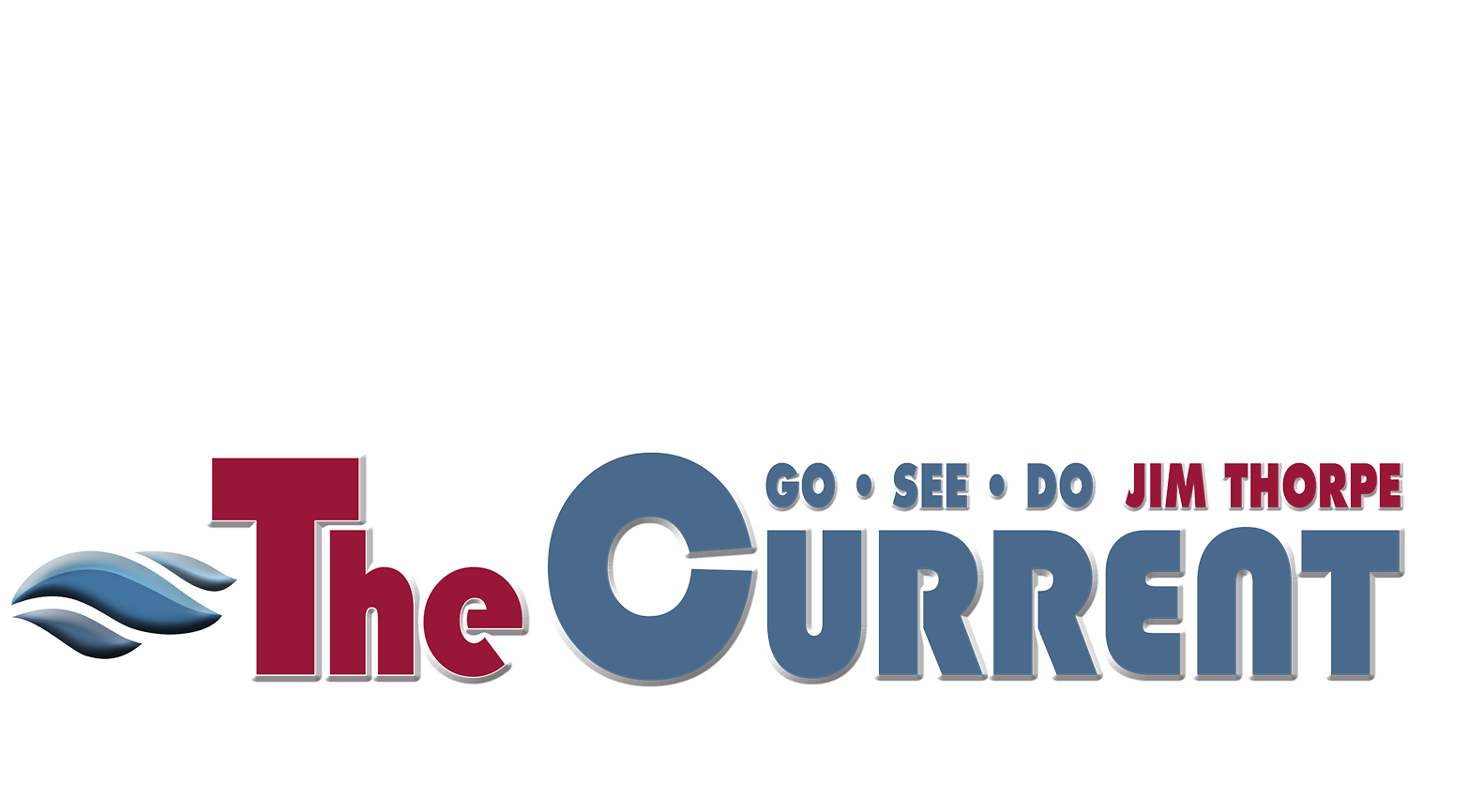
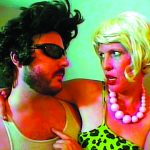


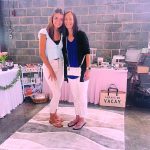
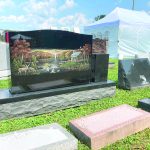
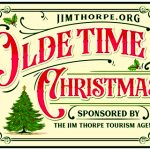


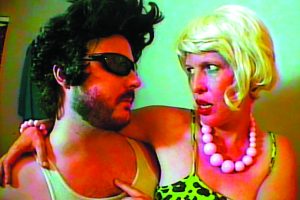
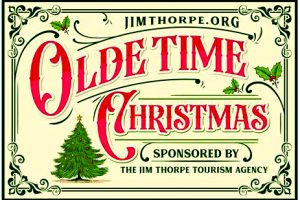

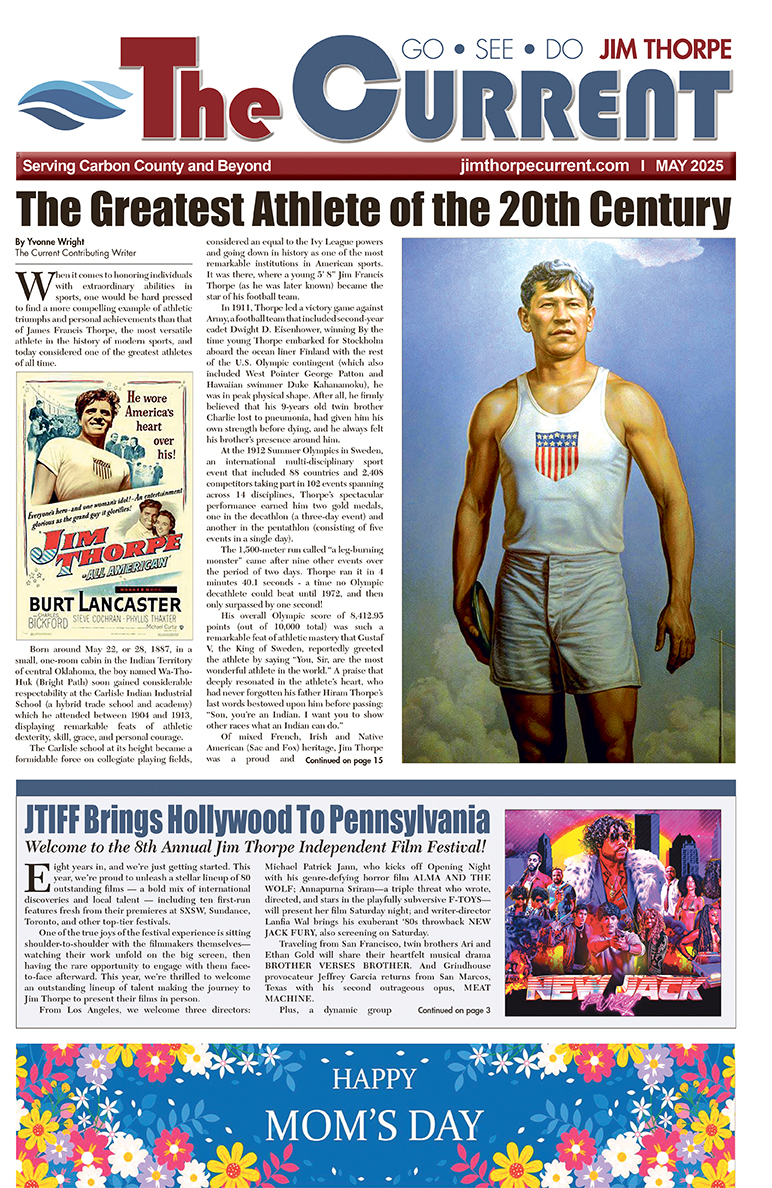
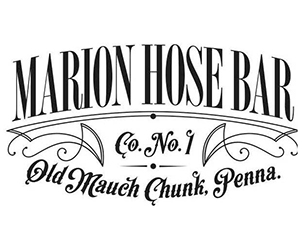
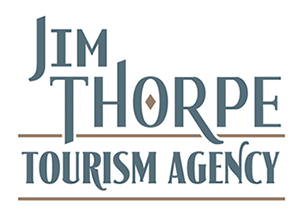
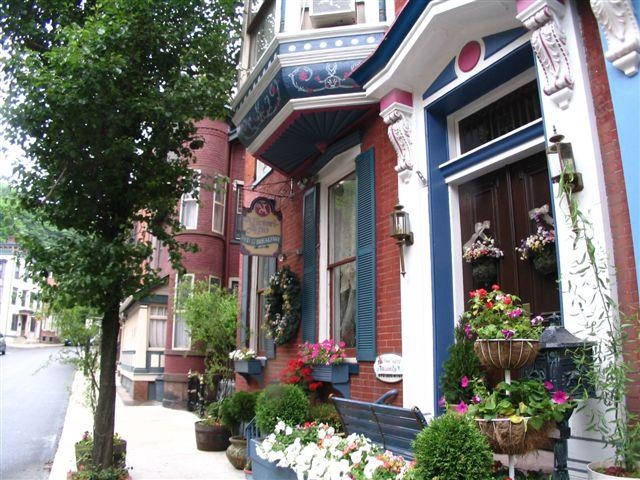











Add Comment